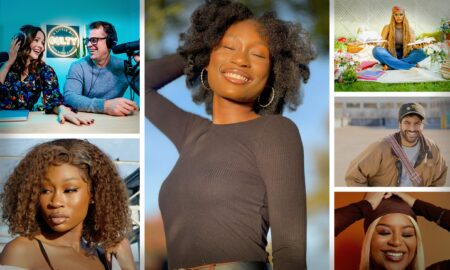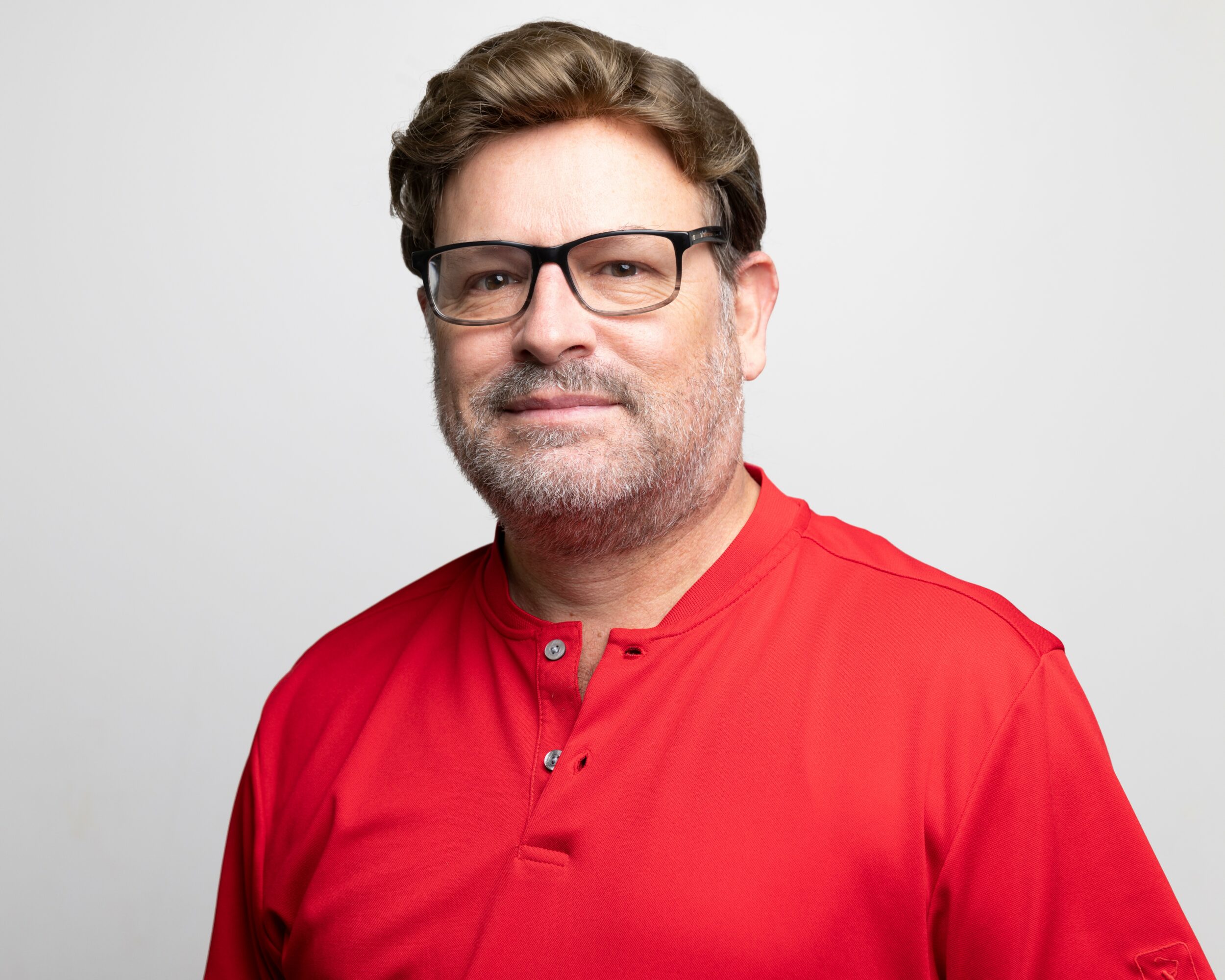

Today we’d like to introduce you to Douglas Scott.
Hi Douglas, we’d love for you to start by introducing yourself.
I am the Artistic/Executive Director of Full Radius Dance. I received a BFA in Performing Arts with a double concentration in Dance and Theatre from Western Kentucky University, graduating in 1983. After graduation, I moved to Atlanta and spent several seasons with the Ruth Mitchell Dance Company. In 1991, I founded Dance Force, Inc. I began my exploration of physically integrated dance technique in 1993, and this interest led to the creation of the performing company E=motion in 1995. In 1998, Dance Force and E=motion merged to create Full Radius Dance.
Under my leadership, the company founded the annual Modern Atlanta Dance Festival in 1995. The Festival showcases Georgia-based dance companies and artists.
In 2014, I was honored by Governor and Mrs. Nathan Deal with the Governor’s Awards for the Arts and Humanities. I was cited as ‘a respected leader in modern dance’ and for expanding ‘the definition and reach of modern dance by creating opportunities for dancers with and without disabilities . . . not only in the local Atlanta community, but throughout the State of Georgia, the United States and internationally.’ At the 2023 Dance/USA National Conference, I was presented with the Champions Award, given to any organization, business, foundation, or individual whose achievements, leadership, and support have sustained and/or significantly advanced dance in the local community.
Alright, so let’s dig a little deeper into the story – has it been an easy path overall and if not, what were the challenges you’ve had to overcome?
As Shakespeare wrote ‘the course of true love never run smooth’. Dance is my love, my passion, and is where I belong in this world. There have been numerous struggles, such as inconsistent funding, but an ongoing struggle has been ableism.
Ableism is defined as discrimination and social prejudice against people with disabilities and the characterization that persons are defined by their disabilities. Therefore, they are inferior to the nondisabled. We reject the idea that disability is a condition to be remedied or fixed. Instead, we view disability as a natural and inevitable form of human variation. It’s one more aspect of human diversity. We believe that all bodies, and the movement they create, have equal value and artistic relevance. Every disabled or nondisabled body, of any age, and in solo or in tandem, is a statement on the creativity, potential, parity, and power of a body’s artistry.
Our long-term social change goal is, through dance, to champion the artistic equality of the disabled and nondisabled body. Full Radius Dance believes that dance is an extraordinarily rich area in which to explore the overlapping intersections of the disabled and nondisabled body. Inherent in our work is deconstructing ableism and exclusivity in the field of dance. Regular engagement in projects that amplify the voice and experience of people with disabilities allows us to authentically portray the power of every body.
Can you tell our readers more about what you do and what you think sets you apart from others?
Full Radius Dance is unique in Atlanta as a professional physically integrated company; in fact, we are one of a few professional companies nationwide. The term physically integrated defines dance that combines dancers with and without disabilities in the creation, rehearsal, and performance of the work. Physically Integrated Dance cannot exist without both the disabled and nondisabled body. It communicates an awareness and acceptance of differing physicalities and a deep sense of recognition of the power and potential of the body and mind. Within Full Radius Dance, the dancers have both apparent and nonapparent disabilities.
We promote a rich and diverse cultural experience by encouraging and underscoring, through dance, the artistic and physical parity of the disabled and nondisabled body. As an art form, dance has historically been performed by what is considered by many as the ideal body; therefore, when a disabled body appears on stage it’s a radical act. It challenges what dance has been and what it can be. It challenges society’s conception of the dancing body.
Alright so before we go can you talk to us a bit about how people can work with you, collaborate with you or support you?
Attend a performance. Donate to the company. We also have numerous volunteer opportunities – just reach out to us through our website.
Contact Info:
- Website: https://www.fullradiusdance.org
- Instagram: fullradiusdance
- Facebook: fullradiusdance
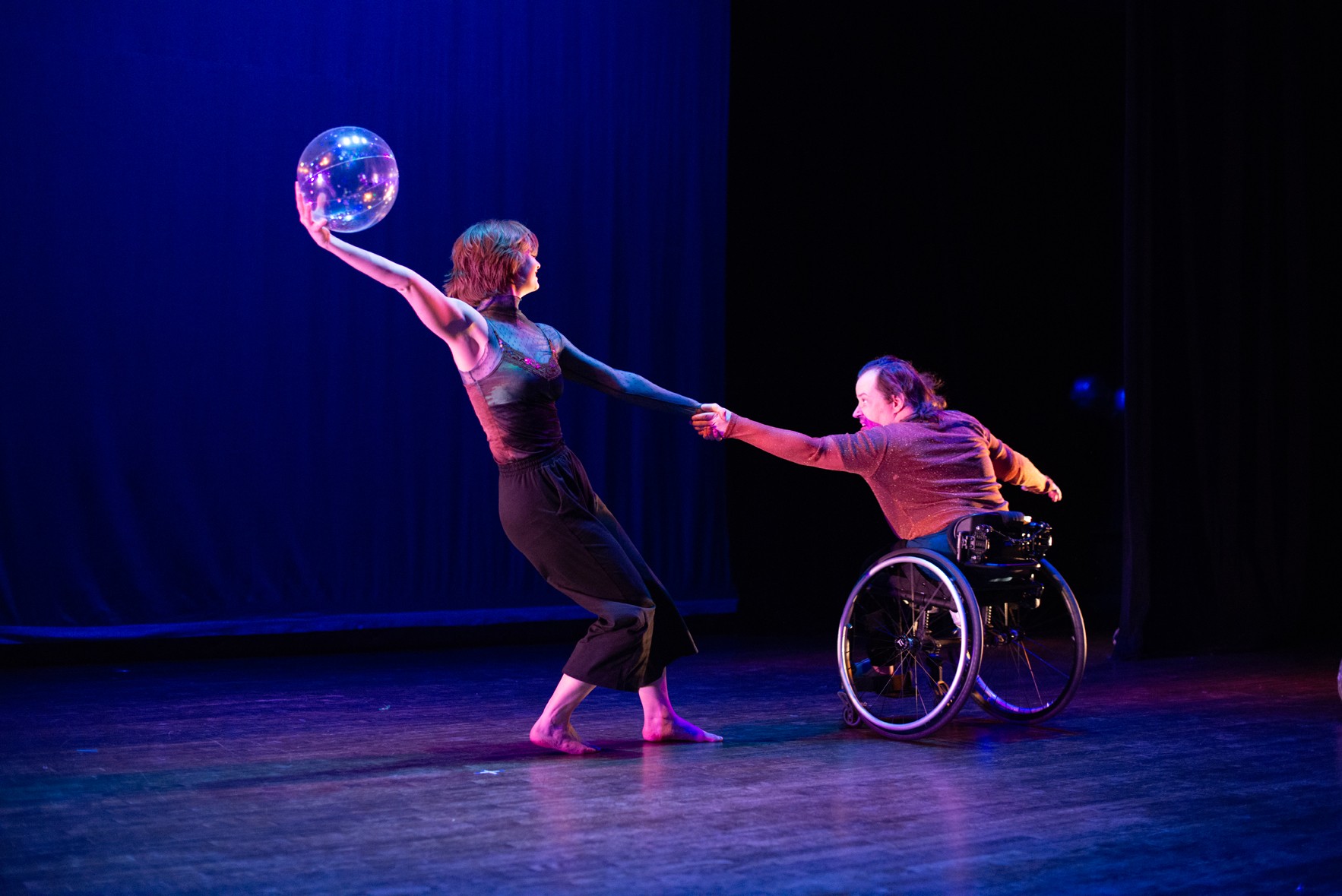
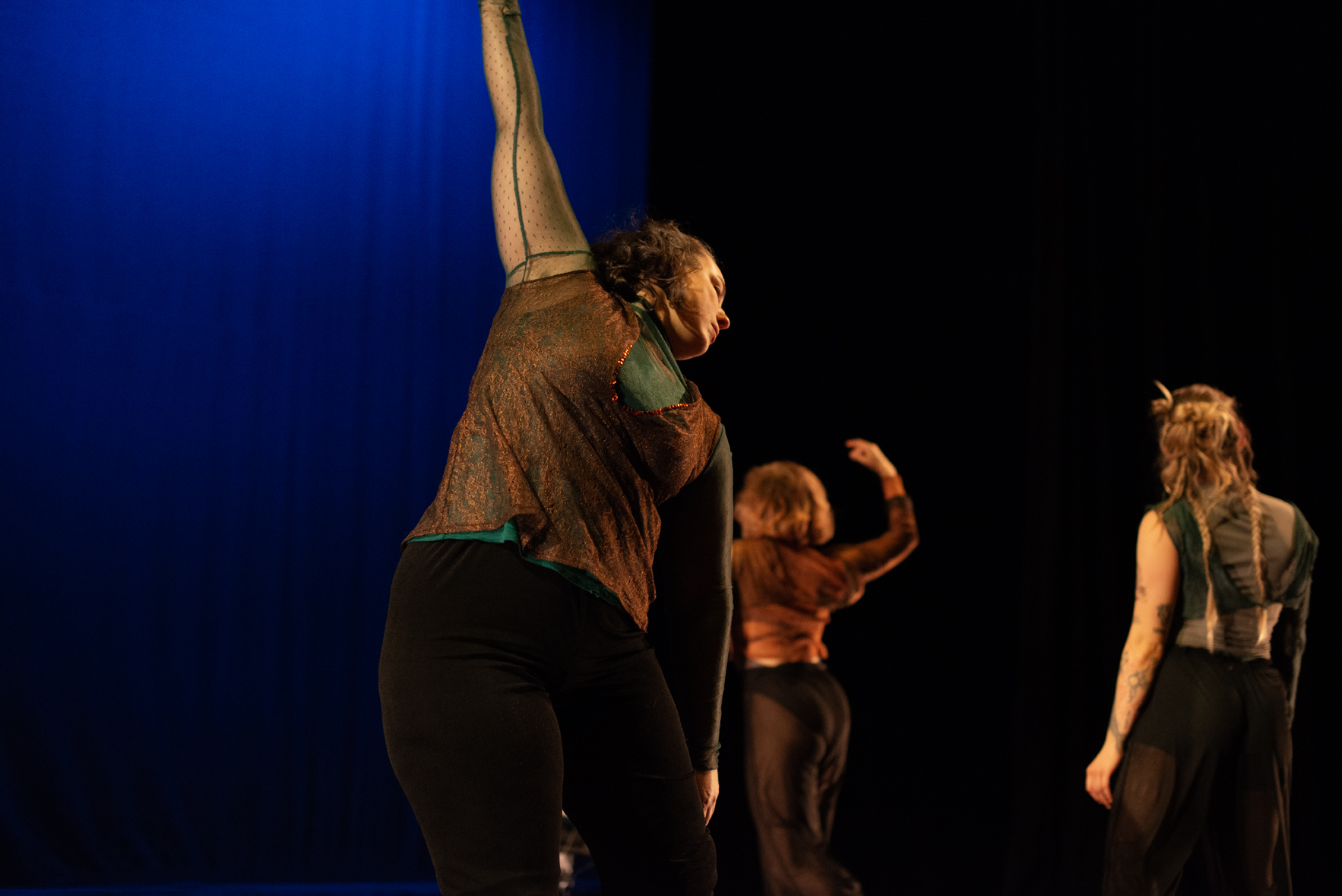
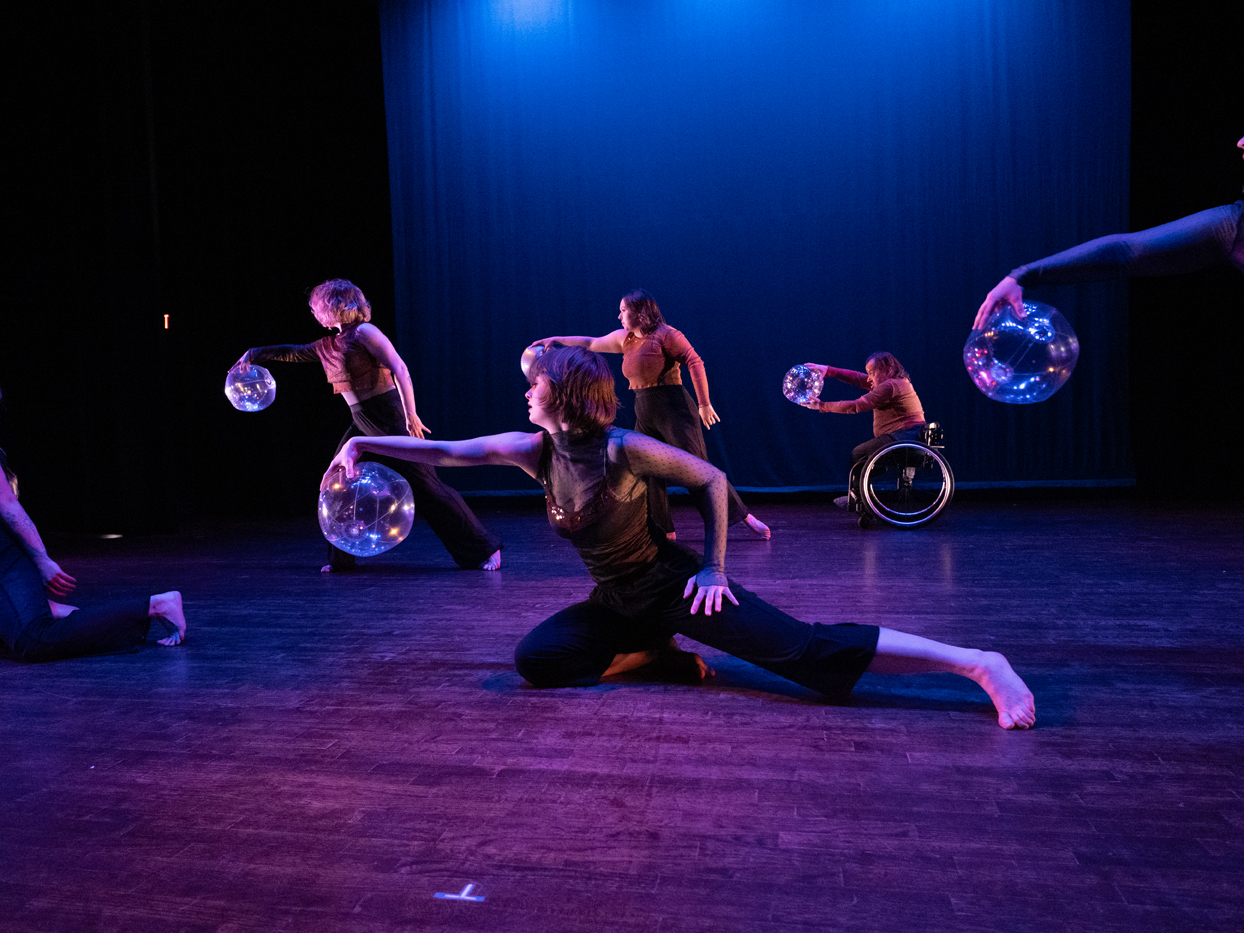
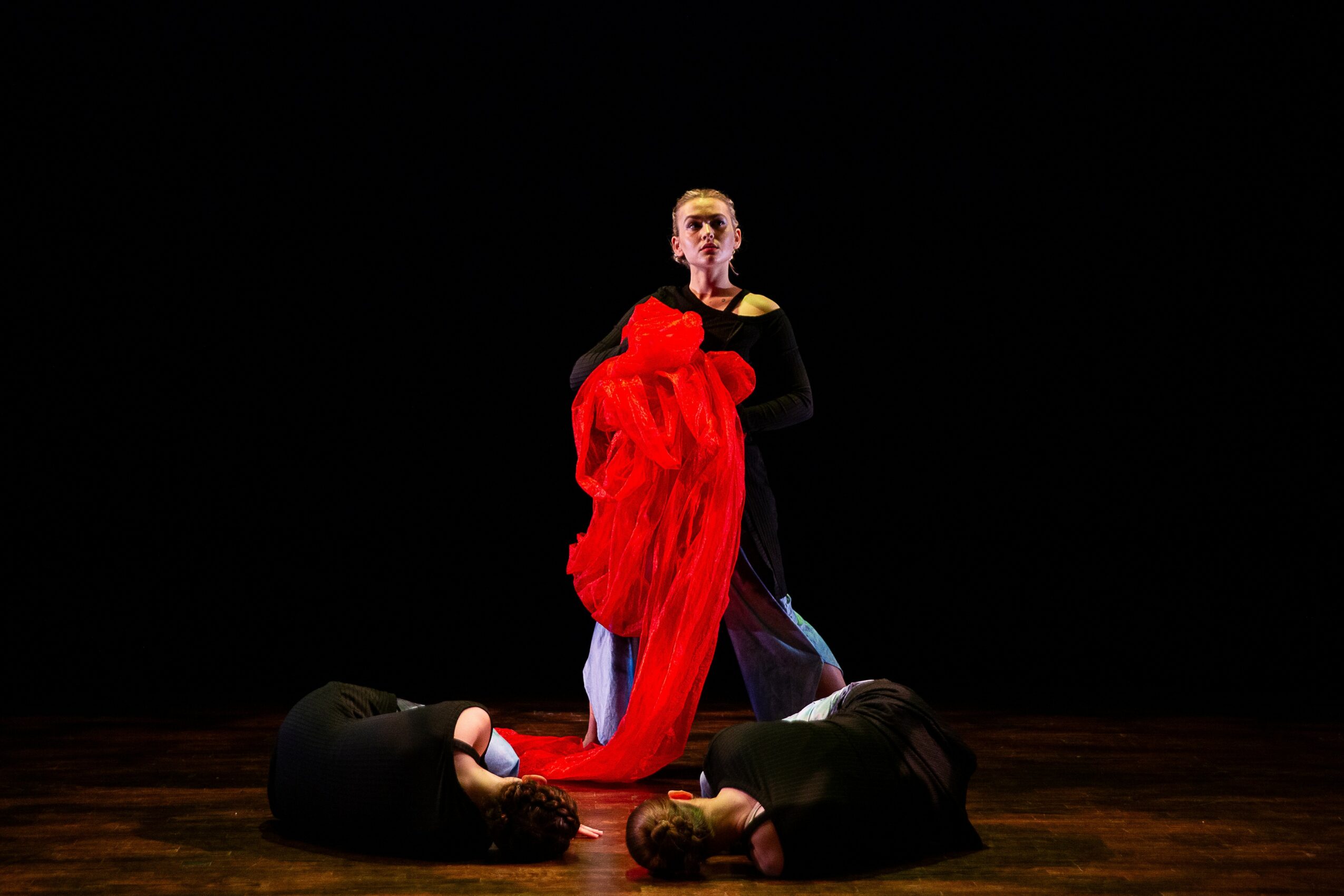
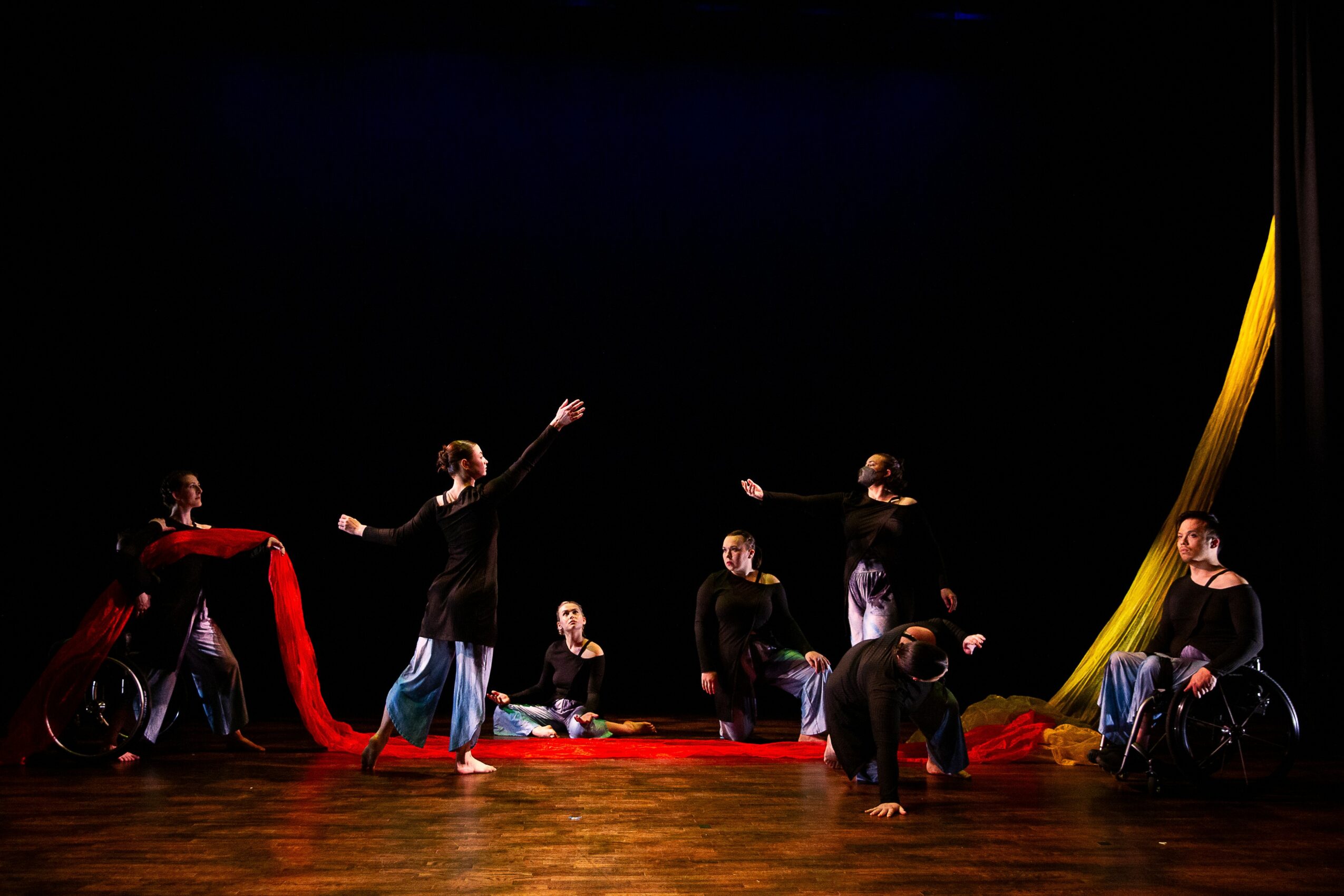
Image Credits
Bubba Carr
Shannel Resto/SJR Photography
Neil Dent Photography

